When it comes to fighting chronic inflammation, what you put on your plate can be just as powerful as what you pick up at the pharmacy. Inflammation is your body’s natural response to injury or illness—but when it lingers too long, it can quietly fuel a host of serious health issues, from heart disease and arthritis to digestive problems and even certain cancers. The good news? You don’t need to overhaul your entire lifestyle to make a difference. Sometimes, the smallest additions to your daily meals can have the biggest impact.
That’s where herbs and spices come in. Long celebrated in traditional medicine systems like Ayurveda and Traditional Chinese Medicine, many of these flavorful kitchen staples are now backed by modern science for their impressive anti-inflammatory properties. And the best part? They’re affordable, widely available, and easy to incorporate into your cooking—no supplements or fancy superfoods required.
We spoke with health experts and reviewed the latest research to bring you a list of 10 anti-inflammatory herbs and spices that doctors actually recommend adding to your diet. From the bold bite of garlic to the golden glow of turmeric, each one offers unique compounds that work behind the scenes to reduce inflammation, support your immune system, and promote better long-term health.
Whether you’re stirring them into your soups, blending them into smoothies, or sprinkling them over roasted vegetables, these natural inflammation fighters can help you eat your way to feeling better—without sacrificing flavor. Ready to give your meals a healthy upgrade? Here are the top 10 doctor-recommended herbs and spices that deserve a permanent spot in your pantry.
1. Turmeric
Curcumin gives turmeric its bright yellow color and amazing health benefits. This compound fights inflammation at the cellular level, making it helpful for conditions like arthritis and digestive problems.
Many doctors recommend taking turmeric with black pepper, which contains piperine that boosts curcumin absorption by up to 2,000%. Try adding a pinch to scrambled eggs, rice dishes, or smoothies.
Ancient Ayurvedic medicine has used turmeric for thousands of years, not just for cooking but as a medicinal herb to treat everything from skin conditions to respiratory issues.
2. Ginger
The secret to ginger’s anti-inflammatory magic lies in compounds called gingerols. These natural chemicals reduce pain and inflammation, especially in muscles and joints affected by arthritis.
Fresh ginger works wonders in stir-fries and teas, while dried ginger adds warmth to baked goods. Research shows that consuming ginger regularly can reduce exercise-induced muscle pain by up to 25%.
Sailors in ancient times carried ginger on long voyages to prevent seasickness and scurvy. Today, medical professionals often suggest it for morning sickness during pregnancy.
3. Cinnamon
Who knew this beloved baking spice could fight inflammation? Cinnamon contains cinnamaldehyde, a powerful antioxidant that helps reduce swelling throughout the body.
People with type 2 diabetes or metabolic syndrome may benefit most from cinnamon’s effects. Studies show it can improve insulin sensitivity and lower blood sugar levels. Sprinkle it on oatmeal, coffee, or yogurt for a delicious health boost.
Ceylon cinnamon (known as “true cinnamon”) is recommended by health experts over the more common Cassia variety, especially if you plan to consume it regularly.
4. Cloves
Small but mighty, cloves pack more antioxidants than almost any other spice. Their active compound, eugenol, provides strong pain-relieving and anti-inflammatory benefits that dentists have used for centuries.
Ground cloves add depth to curries and baked goods. The spice helps fight bacteria while reducing inflammation in the digestive tract. Some studies suggest cloves may even help prevent certain types of cancer.
Historically, people would chew on whole cloves to freshen breath and relieve toothaches. Today, doctors recognize their value beyond dental care for overall inflammation reduction.
5. Garlic
The moment you crush garlic, it creates allicin – a sulfur compound with remarkable anti-inflammatory properties. This compound helps reduce inflammation markers throughout the body and supports heart health.
For maximum benefit, crush fresh garlic and let it sit for 10 minutes before cooking. This allows the allicin to fully develop. Research links regular garlic consumption to lower risk of heart disease and certain cancers.
Ancient Olympic athletes ate garlic before competitions as one of the earliest performance enhancers. Modern studies confirm it can reduce exercise-induced fatigue.
6. Rosemary
This fragrant herb does more than flavor roasted potatoes. Rosemary contains carnosic acid and rosmarinic acid – compounds that combat inflammation and oxidative stress in the brain.
Neurologists often recommend rosemary for its potential to improve memory and concentration. Simply smelling rosemary has been shown to enhance cognitive performance! Add fresh or dried rosemary to roasted vegetables, soups, or bread.
Students in ancient Greece wore rosemary garlands during exams, believing it improved memory. Modern research suggests they were onto something – rosemary appears to inhibit the breakdown of neurotransmitters involved in memory.
7. Cayenne Pepper
Capsaicin gives cayenne peppers their heat and their pain-fighting power. This compound reduces substance P, a pain messenger in your body, offering relief for arthritis, headaches, and other painful conditions.
Many doctors recommend cayenne for natural pain management. Applied topically as a cream or consumed in food, it can interrupt pain signals. Start with tiny amounts if you’re sensitive to spice.
Contrary to popular belief, cayenne doesn’t cause stomach ulcers – it may actually help prevent them by killing harmful bacteria and stimulating protective mucus production. Ancient Mayans and Aztecs used cayenne for treating infections and digestive problems.
8. Basil
Holy basil (tulsi) stands out as the most medicinal variety, though all types offer benefits. The eugenol and rosmarinic acid in basil help combat stress-induced inflammation and boost immune function.
Fresh basil makes a delightful addition to salads, pasta, and homemade pesto. Health practitioners often recommend holy basil tea for stress reduction. Regular consumption may help reduce cortisol levels and inflammation markers.
In India, holy basil has been revered as “The Queen of Herbs” for over 3,000 years. Researchers now confirm what traditional healers long knew – basil contains powerful compounds that protect cells from damage caused by inflammation.
9. Black Cumin Seeds
These tiny seeds (Nigella sativa) contain thymoquinone, a compound with remarkable anti-inflammatory effects. Prophet Muhammad reportedly called them “a cure for every disease except death” – and modern science suggests he wasn’t far off.
Studies show black cumin seeds help with asthma, arthritis, and digestive problems. Their oil reduces inflammatory markers in the body. Try sprinkling the seeds on bread, yogurt, or salads, or use black seed oil in dressings.
Archaeological evidence shows black cumin seeds in King Tut’s tomb, suggesting their value in ancient Egyptian medicine. Today, immunologists study their potential for treating autoimmune conditions.
10. Green Tea
While not a spice or herb in the traditional sense, green tea earns its place through powerful anti-inflammatory compounds called catechins. EGCG, the most abundant catechin, helps reduce inflammation throughout the body.
Cardiologists often recommend green tea for heart health. Research shows drinking 2-3 cups daily may lower risk of chronic diseases. For maximum benefit, steep tea for 3-5 minutes and add a squeeze of lemon to enhance catechin absorption.
Japanese monks have used green tea in meditation practices for centuries, valuing its calming effects. Modern studies confirm it contains L-theanine, which promotes relaxation without drowsiness while reducing inflammatory stress responses.
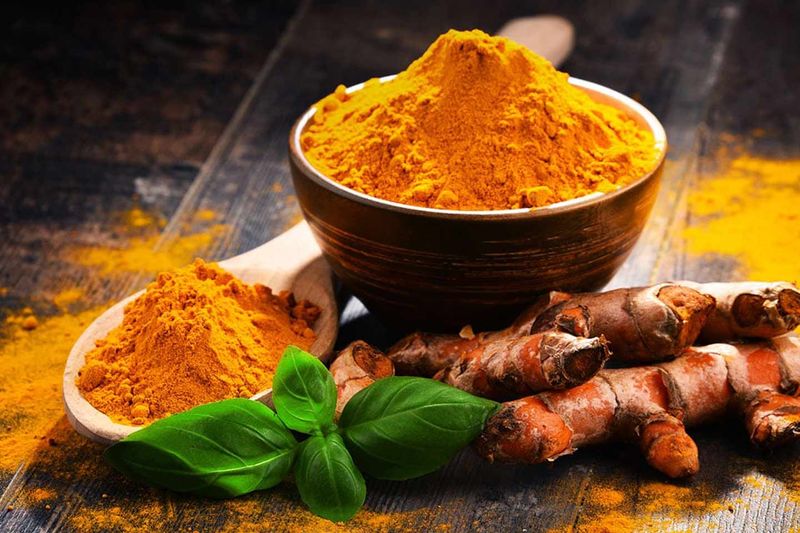
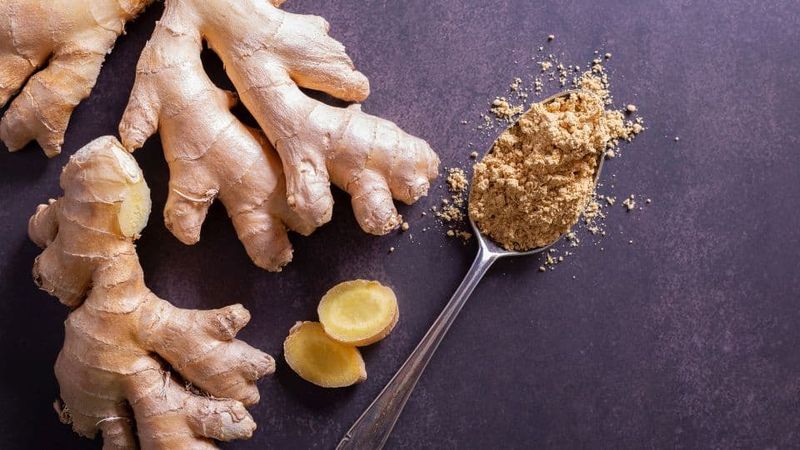
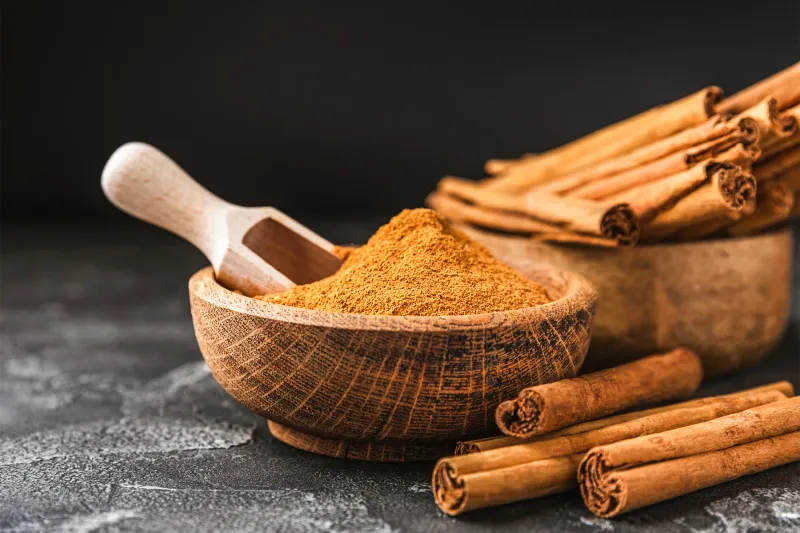
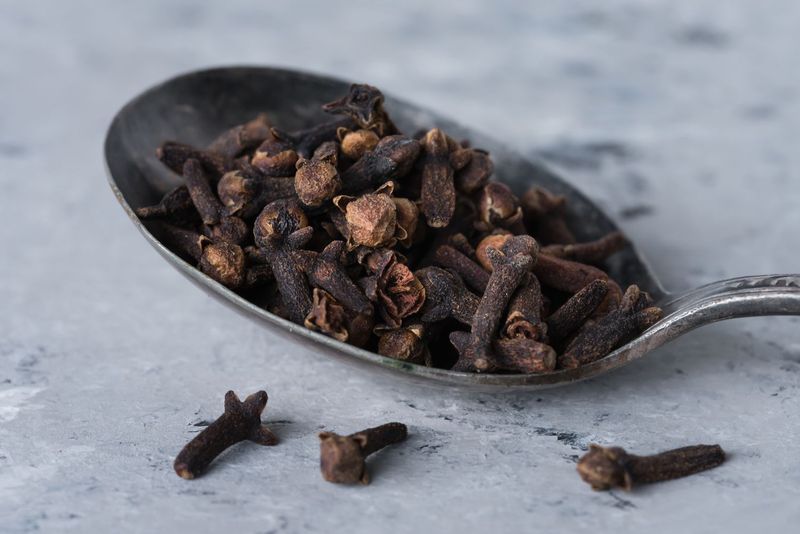
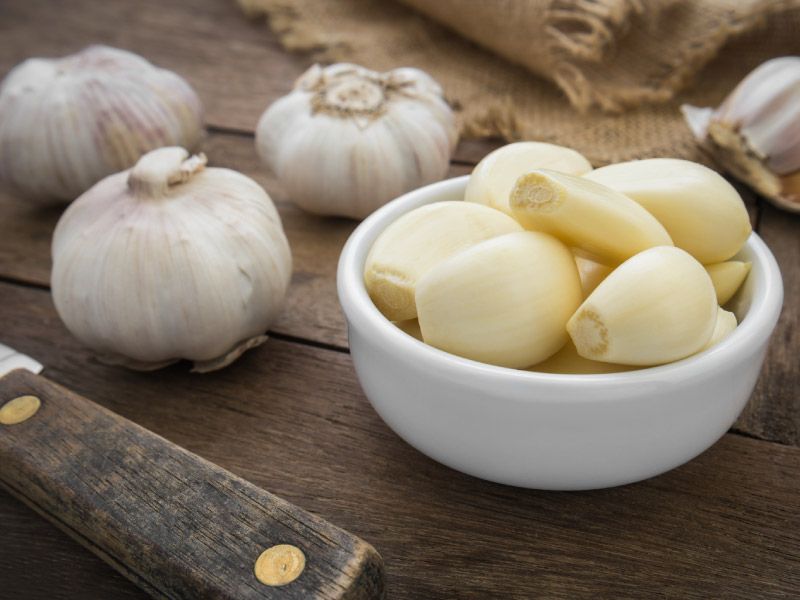
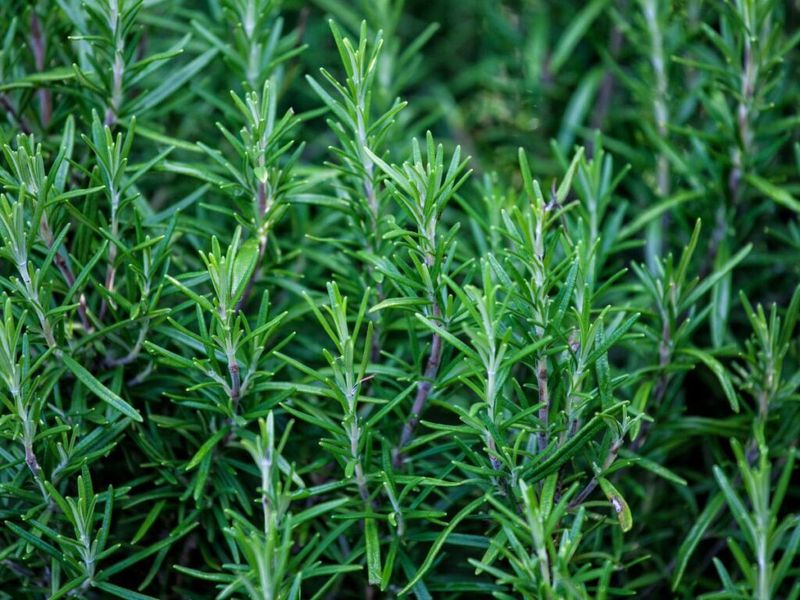
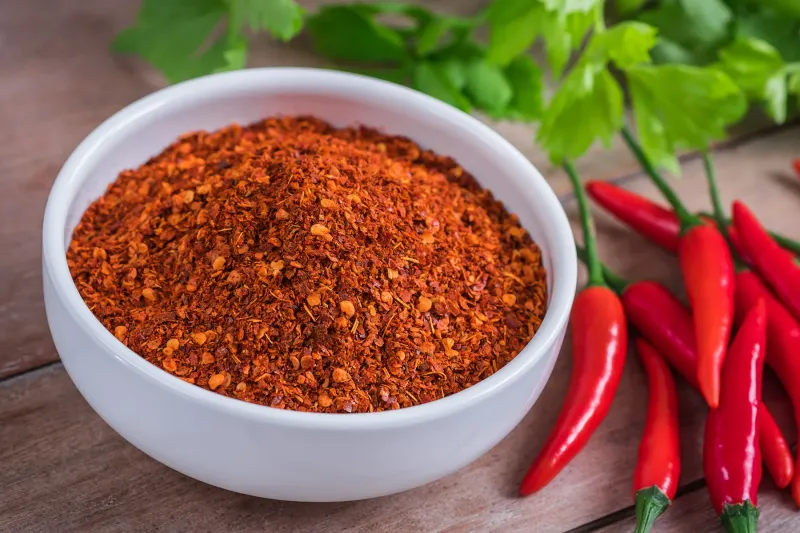
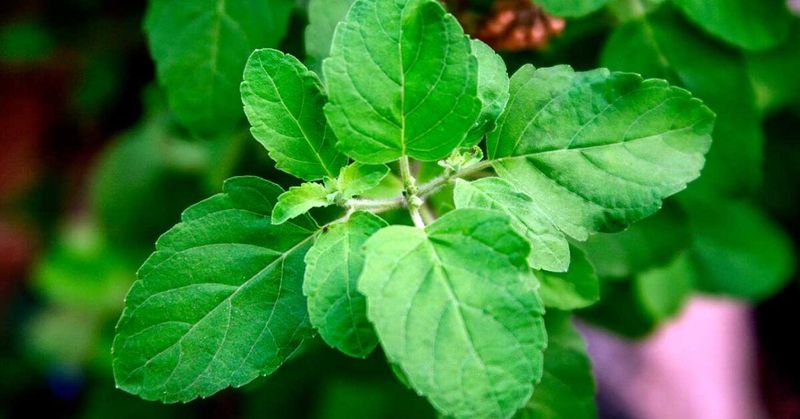
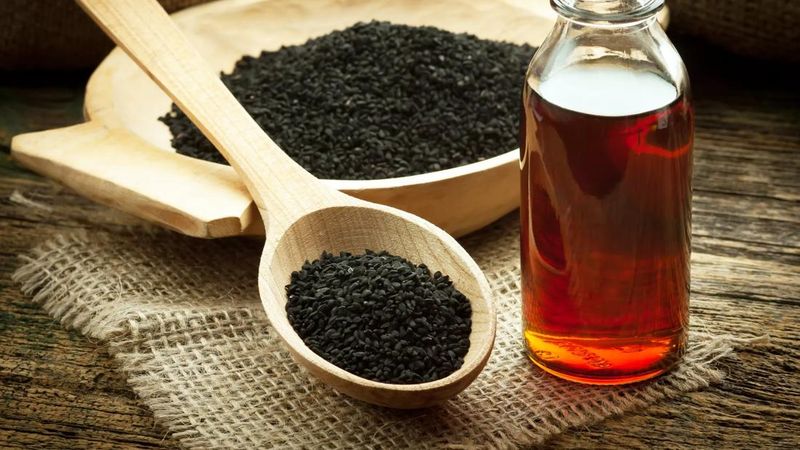
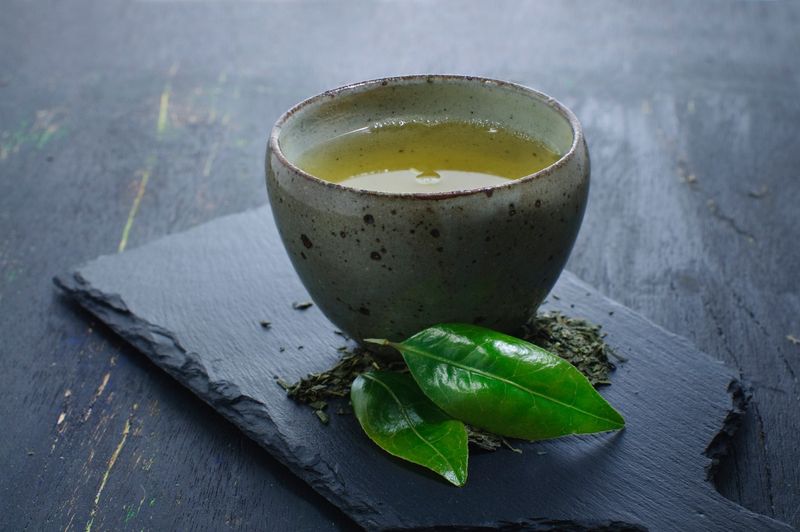
Leave a comment